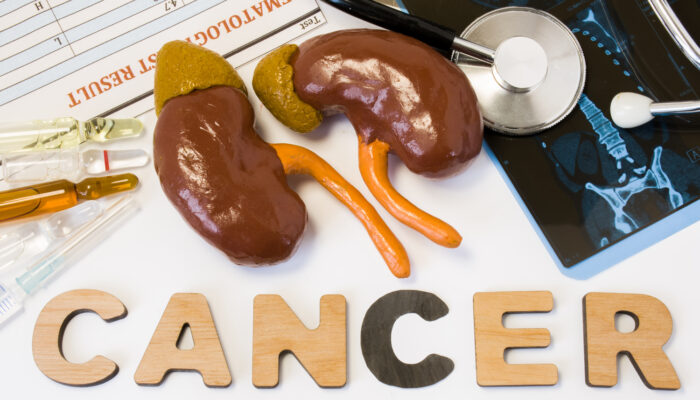
Treatments for Colon Cancer
Medical experts determine that colon cancer is the third most common cancer in the U.S., affecting both male and female patients. Experts also estimate more than 101,420 new colon cancer cases this year, and 51,020 deaths due to colon cancer. However, advanced screening options mean it’s now easier to identify and treat the disease in its most earliest stages, which greatly improves life expectancy.
Basically, the earlier colon cancer is detected, the better the chances of patient survival. Here are the most effective treatments for colon cancer:
1. Colectomy surgery
A colectomy is a type of surgery that’s often used to treat colon cancer. This surgical procedure removes a portion (known as a partial colectomy or hemicolectomy) or the entire colon, as well as the nearby lymph nodes.
2. Polypectomy
Early stage colon cancer polyps are often removed during a colonoscopy. This procedure is known as a polypectomy, and employs a long flexible tube attached to a tiny video camera, which is inserted into the colon via the rectum to cut a polyp at the stalk with a wire loop using electric current.
3. Local excision
A local excision inserts surgical tools using a colonoscopy to extract cancerous cells on the inner lining of the colon.
4. Radiation
Radiation therapy is also common either before surgery (to shrink a tumor) or post-surgery (to kill remaining cancer cells). Radiotherapy employs high powered x-rays or particles to destroy colon cancer cells. Many experts recommend combining chemotherapy with radiation therapy.
5. Targeted therapy
Your doctor may also recommend targeted therapy as part of your colon cancer treatment. Targeted therapy is often used to treat later stage IV metastatic colon cancer in patients with unresectable tumors. It’s typically combined with chemotherapy, and employs specific drugs (i.e., cetuximab, bevacizumab, panitumumab) to kill cancer cells and prevent any further growth.



